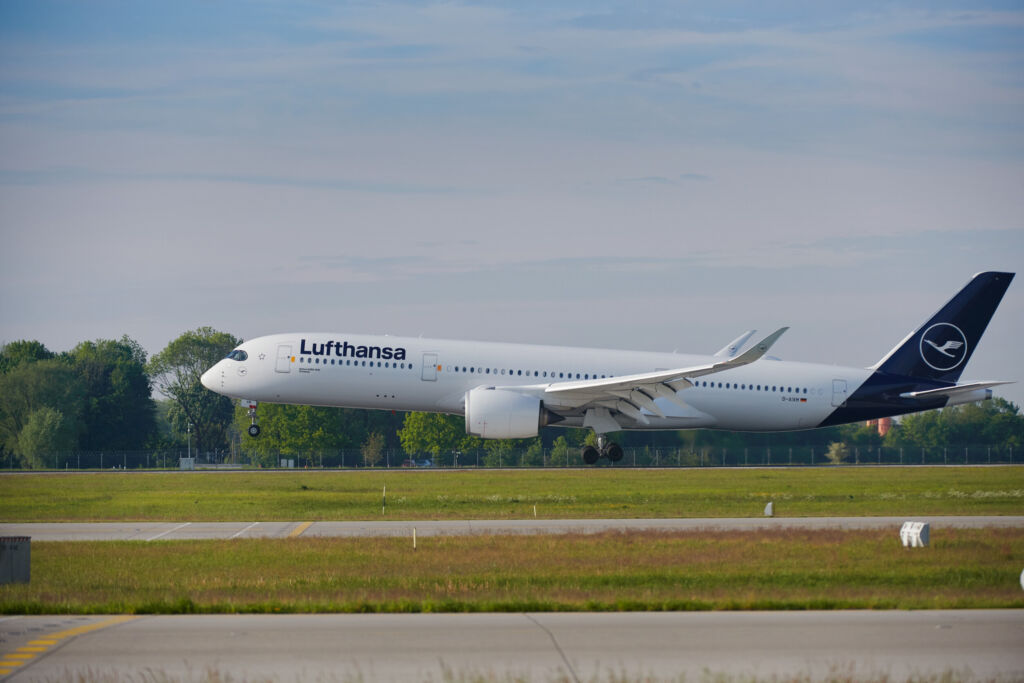airline airline news Airplane News Airport News Aviation news Coronavirus Covid-19 Environmental News European News Finance News German Global Politics green Green Energy News International News News stock stock news stock,airline transport Transportation Transportation News travel Travel news Zero Emission News
Lufthansa to Operate A350-900 Flight from Hamburg to the Falkland Islands
On February 1, 2021, Lufthansa will be departing on the longest passenger flight in the history of its company, marking one of the most unique flights the airline has ever carried out. On behalf of…
